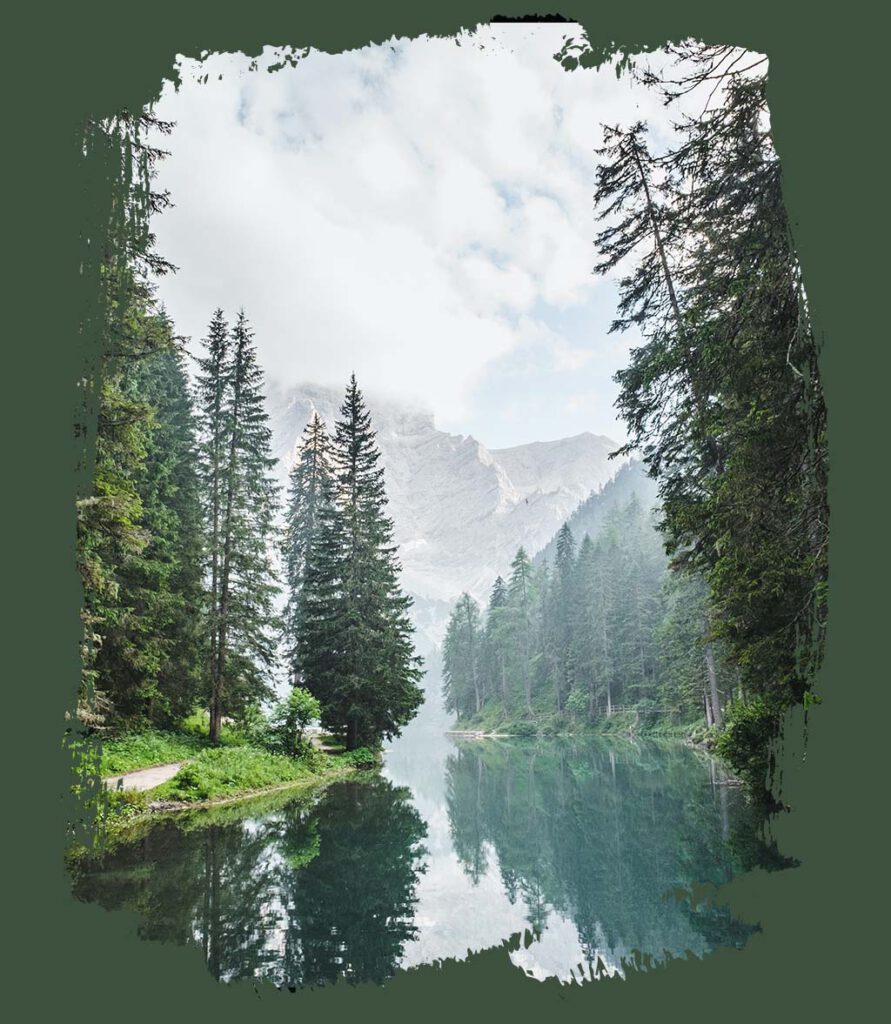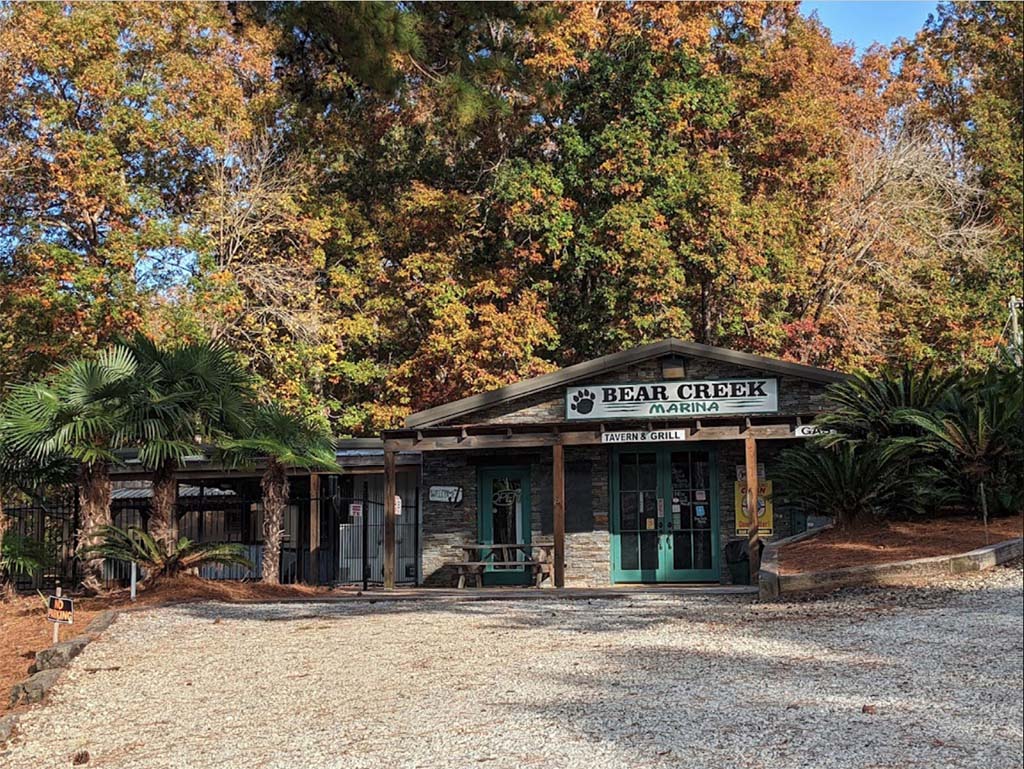If you’re searching for the perfect spot to pitch a tent or park an RV in central Georgia, Jackson Lake—often referred to as Lake Jackson—frequently makes the list of top contenders. With its serene waters, wooded shorelines, and a convenient location about an hour away from Atlanta, the lake draws in outdoor enthusiasts of all stripes. But is it really worth the trip? In this guide, we’ll tackle your biggest questions and give you the insider scoop on Jackson Lake camping—from the best times to go and what to expect, to activities that’ll round out your stay.

Why Consider Jackson Lake for Camping?
Jackson Lake was formed in 1910 by the Lloyd Shoals Dam on the Ocmulgee River, making it one of Georgia’s oldest manmade lakes. Covering around 4,700 acres, the lake has become a staple for those seeking a classic Southern outdoor experience, complete with:
- Scenic Views: Rolling hills, dense woodlands, and calm waters create the perfect backdrop for relaxation.
- Waterfront Activities: From fishing to watersports, there’s no shortage of ways to enjoy the lake itself.
- Proximity to Atlanta: It’s conveniently located about an hour southeast of downtown Atlanta, making it ideal for both weekend getaways and longer stays.
- Community Spirit: Jackson Lake sees a mix of locals and tourists, ensuring that while you can find peaceful corners, there’s also a friendly, social atmosphere if you want it.
Where Is Jackson Lake Located?
Spanning parts of Butts, Jasper, and Newton Counties in central Georgia, Jackson Lake lies roughly between the towns of Jackson, Monticello, and Covington. This strategic location means you can reach the lake via multiple major highways, including I-75 (exit 201 for GA-36) or I-20 (exit 98 for GA-11/GA-36). For more detailed navigation, check out local maps or consider using a GPS—just be sure you have cell service as rural pockets around the lake can be spotty.
Types of Camping Options at Jackson Lake
1. Public and County-Operated Parks
One of the most common ways to experience Jackson Lake camping is through public parks or county-operated campgrounds. These sites typically feature:
- Basic Amenities: Picnic tables, fire pits, and sometimes restrooms or primitive shower facilities.
- Natural Setting: Wooded lots, easy lake access, and a laid-back vibe for tent campers or self-contained RVs.
- Low-Cost Stays: Often less expensive than private campgrounds, though you might sacrifice a few creature comforts.
Some county parks operate on a first-come, first-served basis, especially during peak seasons, so arrive early if you’re aiming for a prime lakeside spot.
2. Private Campgrounds and Marinas
If you prefer having modern conveniences within arm’s reach, a private campground or marina might be more your style. These locations often provide:
- Full-Service Amenities: Boat ramps, on-site stores, dedicated swimming areas, and restaurants.
- Structured Activities: Fishing tournaments, live music, or holiday-themed events.
- Reservations: You can typically reserve campsites or slips ahead of time—highly recommended on busy holiday weekends.
Bear Creek Marina is a standout example, offering camper slips, a well-maintained boat launch, and an on-site restaurant with live entertainment. It’s a popular choice for those who value both convenience and community vibes.
3. RV Camping and Hookups
For travelers who prefer the comforts of an RV, Jackson Lake features multiple spots with electric, water, and even sewer hookups. These sites suit larger motorhomes or fifth wheels needing level pads and modern utilities. Do note:
- Availability: Book early during peak seasons if you need a specific type of hookup (e.g., 50-amp service).
- Fees: Expect a slightly higher cost than primitive tent sites.
- Space & Access: Some campgrounds offer pull-through sites and easy-approach roads, while others might have tighter turns or less level ground.
When to Camp at Jackson Lake
Spring
March–May ushers in mild temperatures and blooming surroundings. Fishing for bass and crappie often peaks during this time, while boat traffic remains manageable.
- Pros: Pleasant weather, vibrant scenery, fewer bugs than summer.
- Cons: Occasional rain, chilly nights in early spring.
Summer
June–August is high season, thanks to long sunny days perfect for swimming and watersports. However, it can also get hot and humid.
- Pros: Top water activities, lively atmosphere, holiday weekends with events and fireworks.
- Cons: Crowds, potential for midday heat and afternoon thunderstorms.
Fall
By September–November, the weather cools, and the lake starts to quiet down. This period is ideal for scenic foliage, comfortable hiking, and fall fishing.
- Pros: Fewer crowds, beautiful fall colors, comfortable temperatures for campfires.
- Cons: Some amenities or marinas reduce hours after Labor Day.
Winter
Though camping is possible in December–February, it’s less popular. You’ll find more solitude, which can be a blessing for some and a drawback for others.
- Pros: Peaceful ambiance, off-season rates.
- Cons: Chilly nights, potential for limited services at campgrounds.
What Activities Can You Enjoy?
1. Fishing and Boating
Jackson Lake is known for largemouth bass, catfish, and crappie. Boat ramps—like those at Bear Creek Marina—offer easy lake access, and many campgrounds have docks or waterfront areas for casting a line.
2. Watersports and Swimming
On hot summer days, you’ll see plenty of jet skis, pontoons, and tubers enjoying the calm waters. Some campgrounds designate areas for swimming—just be mindful of boats and respect “No Wake” zones.
3. Hiking and Nature Walks
While not famous for extensive trail systems directly on the lakeshore, the Charlie Elliott Wildlife Center and nearby parks feature walking paths where you can spot deer, birds, and other local wildlife.
4. Local Events and Dining
After a day in the sun, relax at a lakeside restaurant or check out community events. Bear Creek Marina, for instance, hosts live music nights, making it a convenient hub to dine, socialize, or unwind.
Family-Friendly or Quiet Retreat? Finding Your Vibe
Jackson Lake has a little something for everyone:
- Family-Centric Spots: Look for campgrounds with playgrounds, shallow swim areas, and scheduled kid-friendly events.
- Secluded Corners: If you crave peace and quiet, county-operated parks or lesser-known private sites might be your best bet.
- RV or Tent-Only: Some places cater specifically to tent campers seeking a primitive experience, while others focus on RVers who appreciate amenities.
If you’re traveling with a group that has varying preferences, consider a campground that offers multiple types of sites—primitive, RV, and cabins—so everyone can stay close together.
Camping Tips and Must-Have Gear
- Plan Ahead: Reserve campsites, especially during peak seasons.
- Check Weather: Georgia weather can shift rapidly. Pack layers and rain gear if visiting in spring or summer.
- Bring Bug Spray: Mosquitoes and other insects can be plentiful near the water.
- Stay Safe: Wear life jackets when boating or swimming in deeper water.
- Follow Lake Regulations: If you’re fishing, get a valid Georgia fishing license and adhere to size/bag limits.
- Leave No Trace: Dispose of trash properly and avoid disturbing wildlife or vegetation.
Frequently Asked Questions
1. Can I make a reservation at public campgrounds on Jackson Lake?
It varies. Some county parks operate strictly on a first-come, first-served basis, while others allow advanced bookings. Always call the specific park or check their official website before setting out.
2. Are pets allowed at Jackson Lake campgrounds?
Many campgrounds are pet-friendly, but policies differ. Keep dogs leashed and clean up after them to maintain a harmonious environment for all visitors.
3. What’s the best time to fish at Jackson Lake?
Spring and fall generally yield the most consistent catches for bass, crappie, and catfish. Early morning and late evening are prime times to cast your line.
4. Do I need a special permit for water sports?
A Georgia boating license may be required if you plan on operating certain vessels. Check the Georgia Department of Natural Resources (GADNR) website for specific regulations regarding motorized boats and jet skis.
5. Is Jackson Lake safe for swimming?
Yes. Many areas of Jackson Lake are safe for swimming. However, always watch for boat traffic, stay within designated swim areas (if provided), and supervise children closely.
Conclusion and Call to Action
So, is Jackson Lake GA good for camping? The short answer: absolutely. From lush shorelines and accessible boat ramps to family-friendly marinas like Bear Creek Marina, this central Georgia reservoir has a lot to offer. Its mix of serene natural beauty and modern comforts makes it an appealing choice for both novice campers and seasoned outdoors enthusiasts.
Ready to plan your trip?
- Reserve Your Spot: Check out Bear Creek Marina for camper slips and on-site dining options, or call local county parks to explore public campgrounds.
- Pack Your Gear: Don’t forget essential items like sunscreen, bug spray, and a Georgia fishing license if you plan to cast a line.
- Explore Beyond the Campsite: Add variety by visiting nearby towns like Covington or Jackson for dining, shopping, and cultural activities.
Whether you’re pitching a tent under the stars or hooking up your RV for a lakeside retreat, Jackson Lake camping can be the perfect blend of adventure and relaxation—an easy answer to your question about where to camp in Georgia next. Safe travels, and see you by the lake!
